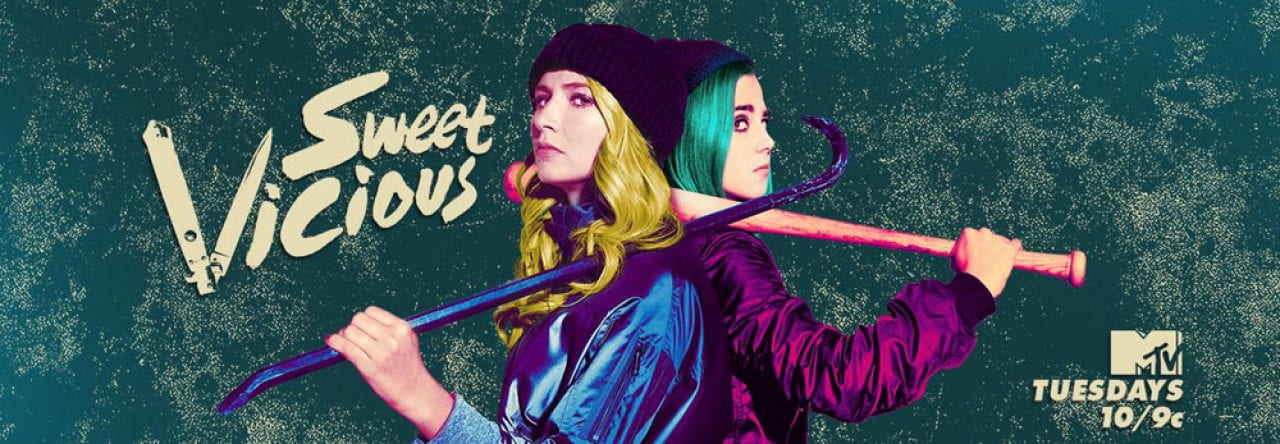Somehow all pop culture seems to get a wave of unintentional mainstream which destroys the integrity and their original “voice”. This especially happens with a lot of underground music artists when they get signed to various labels. Their idea is that mainstream music is equivalent to sells, so the sound has to change to fit societal norms. Television has a similar paradigm shift in the originality of the content, specifically the show I have been studying this semester- Orange is the New Black.
The Beginning of the New Wave
Season four writers did an incredible job creatively showing social issues that were happening worldwide even with the limited cast that they had. This season was home to fighting for social justice, gender rights, the road of self discovery, and much more. Watch the season four recap below:
However as the show progressed it seems that this season was in fact “too” raw. The show takes a dramatic turn and includes way less relevant social issues. Still being a prison show, there is your everyday drama of killing, stealing, and smuggling but in the later seasons it doesn’t feel like the girls are actually fighting for something. Everything turns into a mess.
The shift was mainly in the direction and the take home message that the show intended to give it’s audience. Here’s season five’s trailer: Season 5 Official Trailer [HD] | Netflix. Based on the trailer you’d think that this would be a season of substance like the previous. However the rawness is toned done by 1000%. While in season four we had things like a underlying religion war between two inmates of same race, season five showcases how limited the minds of inmates can really be (making guards embarrass themselves in a talent show). Season five was a season of revenge, four was a season of purpose and fight.
The most recent season, season six strayed even farther away from the take home message, however ended on a more serious note which confused the entire season. In my opinion the worst season of them all, this was home to a rivalry based on colors of khakis because of a rivalry between two sisters which were having a rivalry about something that didn’t even happen to them! Stupid…I know. The creators seemed to be trying to work with what they had since almost half of the beloved cast wasn’t even included in any of the episodes however what they did do was devalue the impact of the show. The season barely included content and substance that was relevant to the world today until the last five minutes of the last episode. Take a look here OITNB SEASON 6 ENDING.
Pop culture takes a major hit to the fans that have been there since the beginning when they move towards mainstream production. Unfortunately it reaches a wider audience but distracts the overall goal of whatever media it was when it started.



